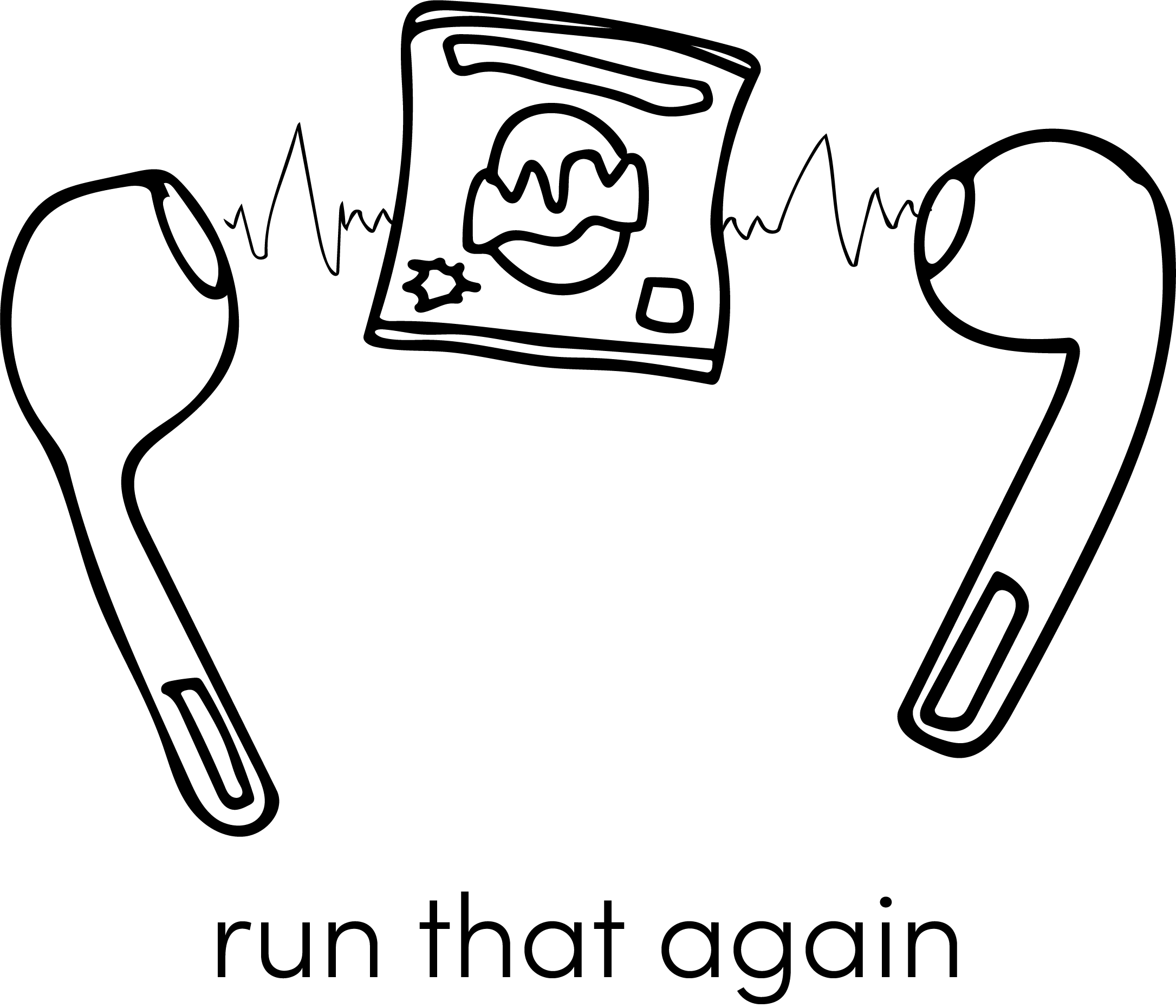JP Saxe Interview -“I want to make people feel closer to themselves”
By Jimmy G
When Run That Again has the opportunity to speak to an artist, it’s always the same first question: “What makes a great song?”. Some will claim it’s the poignant meaning within the lyrics, whilst others will state it’s a catchy melody that’s most important; there is a wide spectrum of answers and it will often warrant quite an extended answer from the artist. However, JP Saxe’s answer is incredibly refreshing. “Sincerity” is all he claims.
If you haven’t heard of the Canadian artist yet, consider this the first of many times you’ll hear the name. JP released his EP last month to much acclaim, and his collaboration with Julia Michaels, “If the World Was Ending”, is continuing to be a worldwide hit- now amassing a gargantuan 163 million listens on Spotify.
We catch up with him during the rather surreal period of worldwide lockdown, where he reveals he’s been “writing a lot and watching an absurd amount of Shark Tank”.
We begin the interview by discussing his debut EP, where I ask him why he chose “Hold it Together” as the title track.
“I chose it as the title track cause that song best summarizes me re-understanding myself and love over the last 2 years, which is where the whole EP lives” he reveals. “I used to think my strength was in my ability to hold it together. That the best thing I could be for the people I loved was a rock. Turns out rocks don’t feel as much as vulnerable flawed humans and can also be very hard to connect to. This EP is a lot about love, but more so about learning how to be myself, in and out of it.”
I ask him about the acclaimed, apocalyptic love song: “If the World Was Ending” and how it came to be. JP wrote the song on the first day he met Julia Michaels after the two connected via Instagram and talked about an earthquake that had happened in LA a few weeks prior. “I had the line ‘If the world was ending you’d come over right?’ and was saving it for the session with Julia” he states.
“This EP is a lot about love, but more so about learning how to be myself, in and out of it.”
“We talked about that idea, where we were during the earthquakes, and the conversation flowed pretty naturally into the song. Finneas then heard the demo and wanted to work on it, which we were obviously so excited for, and he crushed it”.
JP’s library of songs are a variety of powerful and emotional ballads and we discuss his composition process. He reveals that his journal is where many of his songs start, with the poignant “same room” almost verbatim being from the same journal entry. I talk to him more about his love about poetry and if it’s affected his music.
“If my lyrics can’t stand on their own, it’s not a song I would put out. I also think poetry is more transparent. You can sing bullshit lyrics and make it sound pretty and some people will still like it. if a poem isn’t well written there’s not much to hide behind”.
We talk more about how song-writing can be a cathartic process and how music can be a methos to deal with the gut-wrenching emotions post-heartbreak. “Definitely. It’s a double-edged sword though” JP affirms. “A song allows you to take a feeling out of yourself, and put it into something else, that makes it feel a little lighter, but a year later, when that feeling isn’t in you anymore, that same song that relieved you of the feeling is now putting it right back into you”.
However, it’s clear that live performances are still something incredibly meaningful for JP, claiming that the best part is when “I really get to be a part of the community. Can’t really emotionally internalize a streaming count... but a room full of people singing along, you can”.
When I ask him what sort of affect he wants his music to have, he gives another succinct yet astute answer.
“I want to make people feel closer to themselves.”


